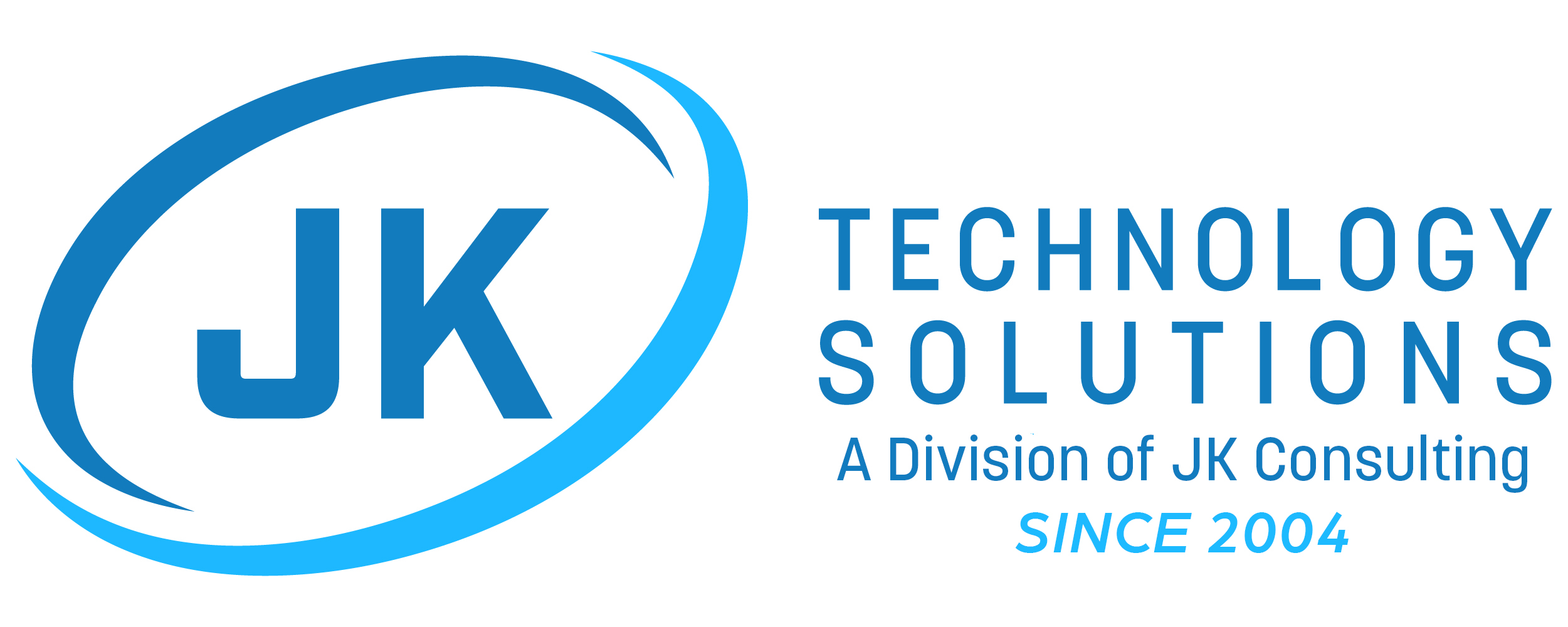Data Compliance vs. Data Security Compliance
In today’s digital landscape, understanding data compliance and data security compliance is crucial for businesses striving to protect sensitive information and maintain regulatory standards. Data compliance ensures that organizations adhere to legal and regulatory requirements governing the collection, storage, and management of personal and business data. Meanwhile, data security compliance focuses on implementing robust measures to safeguard this data from breaches and unauthorized access. Mastering these aspects not only helps in avoiding hefty fines and legal repercussions but also builds trust with clients and partners by demonstrating a commitment to protecting valuable information.
In the age of big data, the importance of safeguarding sensitive information cannot be overstated. Organizations face increasing pressure to manage and protect personal and sensitive data, not only to avoid hefty fines but also to maintain customer trust and ensure operational efficiency. This dual focus on compliance and security leads us to two critical concepts: data compliance and data security compliance. While closely related, they represent distinct aspects of managing data in a regulatory and security-conscious landscape. In this guide, we’ll delve into these concepts, their implications, and how modern solutions like Compliance as a Service (CaaS) can aid in meeting these requirements.
What is Data Compliance?
Data compliance refers to adhering to laws, regulations, and internal policies that govern the management and protection of personal and sensitive data. This encompasses various aspects of data handling, including:
- Data Accuracy: Ensuring that the information collected and processed is correct and reliable.
- Transparency and Data Rights: Informing individuals about their data rights and how their data is utilized.
- Protecting Sensitive Information: Safeguarding data from unauthorized access and breaches, including personal details and financial information.
- Tracking Data Storage: Monitoring what data is stored, its volume, and how it is managed throughout its lifecycle.
Data compliance standards can vary by industry, region, and country but generally aim to achieve similar goals. These standards are designed to protect data privacy, enhance accuracy, and prevent misuse. Non-compliance can lead to increased cybersecurity risks, significant fines, legal penalties, and reputational damage.
Key Data Compliance Regulations and Standards
-
- General Data Protection Regulation (GDPR): Enacted by the European Union, GDPR provides robust data protection for personal information, imposing heavy fines for non-compliance, which can reach up to 4% of global turnover or EUR 20 million, whichever is higher.
- Health Insurance Portability and Accountability Act (HIPAA): U.S. legislation focused on protecting health information, requiring healthcare entities and associated businesses to follow strict guidelines to ensure the confidentiality and security of personal health information (PHI).
- California Consumer Privacy Act (CCPA): This U.S. law enhances privacy rights for California residents, allowing them to request details about their data, opt out of data sales, and demand data deletion. Unlike GDPR, CCPA follows an opt-out model and applies to businesses meeting specific revenue or data volume thresholds.
- Sarbanes-Oxley Act (SOX): Primarily concerned with financial reporting and corporate governance, SOX mandates transparency and accountability in financial practices, impacting IT organizations through its emphasis on accurate financial data.
- Payment Card Industry Data Security Standards (PCI-DSS): A set of guidelines aimed at protecting credit card data, applicable to all entities handling cardholder information.
Data Compliance vs. Data Security Compliance
It’s important to differentiate between data compliance and data security compliance:
-
- Data Compliance: Encompasses adherence to various regulations and standards related to data handling, including privacy rights, data accuracy, and storage management. It involves ensuring that data management practices align with legal and regulatory requirements.
- Data Security Compliance: Focuses specifically on the technical and procedural controls necessary to protect data from unauthorized access, breaches, and other security threats. This includes measures such as encryption, access controls, firewalls, and regular security audits.
- While data compliance includes aspects of data security compliance, the reverse is not always true. Data security compliance is a subset of the broader data compliance framework.
- The Importance of Data Compliance
- In today’s digital landscape, where vast amounts of personal and organizational data are generated, the importance of data compliance cannot be understated. Here’s why:
- Mitigating Risks: Effective data compliance helps mitigate risks associated with data breaches and misuse, which can lead to significant financial losses and damage to reputation.
- Enhancing Trust: By adhering to data compliance standards, organizations can build and maintain trust with customers, demonstrating a commitment to protecting their personal information.
- Improving Efficiency: Strong data compliance frameworks not only protect data but also enhance operational efficiency by reducing errors, improving data accuracy, and streamlining data management processes.
- Navigating Changing Regulations: A robust data compliance program helps organizations keep up with evolving regulations and standards, ensuring they remain compliant with new requirements.
Integrating Data Compliance and Data Security Compliance
For a comprehensive approach to managing data, organizations need to integrate both data compliance and data security compliance:
-
- Unified Approach: A holistic compliance strategy addresses both regulatory obligations and security needs, ensuring that data is handled and protected in accordance with all relevant standards.
- Coordination Between Teams: IT support and compliance teams must work together to align security measures with compliance requirements and vice versa.
Compliance as a Service (CaaS) for Data Security
CaaS providers can also play a pivotal role in data security compliance by:
-
- Leveraging Compliance as a Service (CaaS): CaaS solutions provide integrated tools and expertise to manage both compliance and security needs effectively. These services offer benefits such as:
- Conducting Risk Assessments: Performing regular security assessments and audits to identify vulnerabilities and ensure compliance with security standards.
- Automated Compliance Monitoring: Continuous oversight to ensure adherence to regulations.
- Expert Guidance: Assistance in navigating complex regulatory landscapes.
- Offering Security Solutions: Providing advanced security tools and technologies to protect against data breaches and cyber threats.
- Providing Incident Management: Assisting with incident response and recovery, including managing breaches and ensuring business continuity.
Conclusion
Navigating the complexities of data compliance and data security compliance is essential for protecting sensitive information and meeting regulatory obligations. Understanding the distinctions between these concepts and how they interrelate is crucial for effective data management. By leveraging CaaS solutions, organizations can streamline their compliance and security efforts, benefiting from automated monitoring, expert guidance, and advanced tools. In a data-driven world, a comprehensive approach to compliance and security is not just a best practice—it is a necessity for maintaining trust and safeguarding your organization.
Related Links


